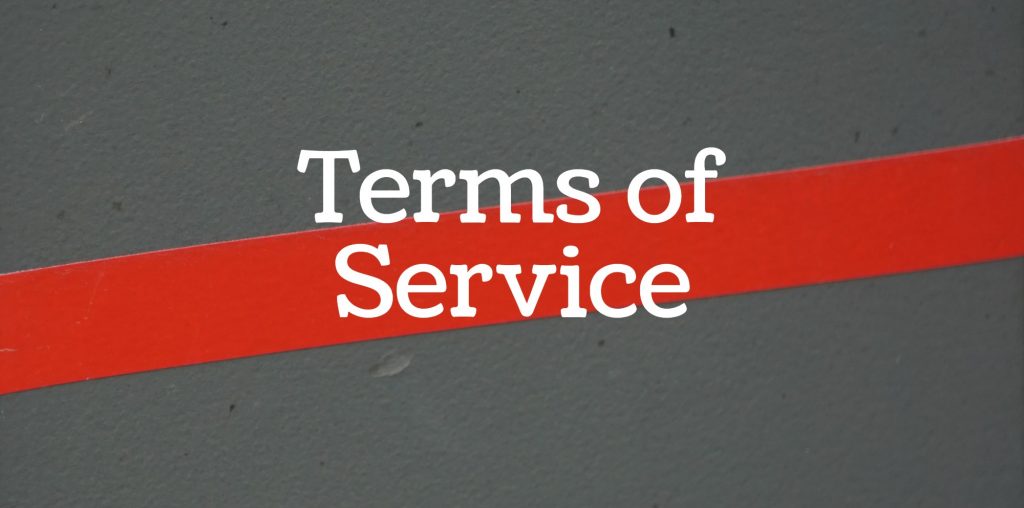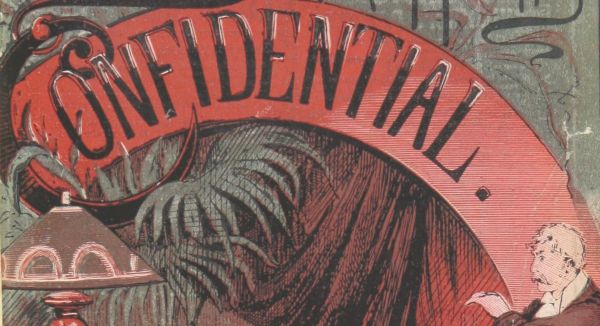
In a recent post, we discussed how Section 230 protected a website from liability for trade libel. The court held that third parties, and not the website itself, provided the offending posts. If the court had believed the posts were written by the site itself (or one of its agents) that may have turned the site into an information content provider and thus outside Section 230’s protections.
Terms of service violation?
This case – East Coast Test Prep LLC v. Allnurses.com, Inc. – had some other interesting aspects of interest to website operators seeking to effectively regulate content. For example, plaintiff claimed the website breached its own terms of service by failing to take down content prohibited by those terms of service. And the site allegedly breached its terms by closing a discussion thread, denying plaintiff the opportunity to respond to libelous content. The court dismissed plaintiff’s breach of contract claims.
The website’s terms stated, in relevant part, that users were not allowed to post libelous information. And it said the site operator would immediately take down content violating the law or invading another’s privacy. The terms also said that the website promoted the “idea of lively debate”.
What the plaintiff claimed
When the site refused to take down the offending content, plaintiff (a member of the site who had agreed to the terms of service) claimed the site violated the terms of service. And he claimed that the site breached the terms by not allowing him to comment, thereby going against the site’s commitment to foster the “idea of lively debate”.
The court rejected these breach of contract claims. It held that defendant did not promise to identify and immediately remove any and all potentially false statements. Instead, it disallowed users from posting libelous information and merely informed users that it would remove illegal or inappropriate posts. And the statement that defendant promoted the idea of a lively debate was not a promise to keep the site’s discussion threads open, particularly in light of the provision that “[p]roblematic posts/threads may be deleted or closed.”
East Coast Test Prep LLC v. Allnurses.com, Inc., — F.3d —, 2020 WL 4809911 (8th Cir. August 19, 2020)
See also:
Website operator not liable for copyright infringement despite lack of DMCA safe harbor protection
Let’s talk!
Evan Brown is a Chicago technology and intellectual property attorney. Call Evan at (630) 362-7237, send email to ebrown [at] internetcases.com, or follow him on Twitter @internetcases. Read Evan’s other blog, UDRP Tracker, for information about domain name disputes.

